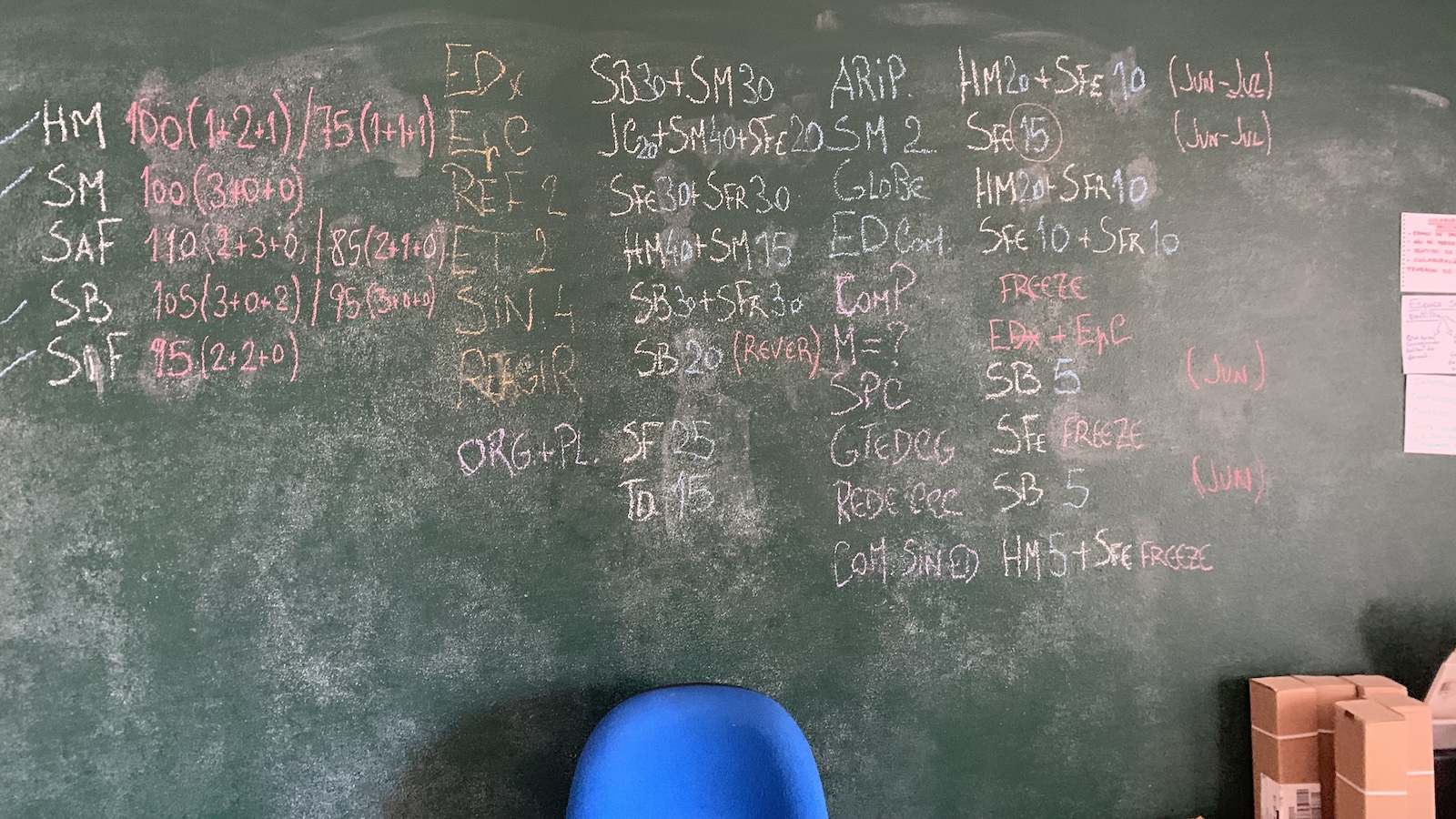
November 28, 2025

Experience and Study Innovative Jesuit Efforts to “Care for the Whole Person”
The Education and Social Justice (ESJ) Fellowship provides students with the opportunity to conduct in-depth examinations of innovative educational initiatives, with a focus on the work of Jesuit secondary and post-secondary institutions. Under faculty supervision, fellows gather information through IRB-approved interviews, analyze best practices, and share their reports and conclusions with a wider global audience.
Engaged Scholarship – The ESJ program helps students to develop critical skills in high-impact, engaged scholarship through mentored, IRB-approved fieldwork showcased in digitally savvy research reports. Fellows develop critical research skills over the course of the three-credit program, receiving one credit for a required research methods course, one credit for their summer field work, and one credit for the production of their final case study.
Global Outreach – The program embeds students as researchers across the world, uplifting the work of Jesuit institutions serving their communities. By conducting groundbreaking research that responds to the needs of community partners, student fellows contribute meaningfully to the global engagement and promotion of justice that are part and parcel of a Georgetown education.
Lasting Impact – This year-long fellowship has a deep and lasting impact on our Hoyas, exposing students to the possibilities of applying research skills in promotion of the common good. Our global community partners use ESJ research to support competitive grant applications, to advocate to their local and national education officials, and to raise money for their critical work.
Georgetown undergraduate students at the Main Campus or Georgetown University in Qatar are eligible to participate in the program. Past fellows include students in the College, School of Foreign Service, and the School of Nursing and Health Studies.
Education and Social Justice Fellows receive a summer stipend. Travel and living expenses during summer fieldwork are also covered by the fellowship.
Yes, Education and Social Justice Fellows receive three credits if they complete the program in its entirety. Fellows receive one credit for a required research methods course in the spring semester, one credit for their summer fieldwork, and one credit for the production of their final case study.
We welcome applications from students at all stages of their undergraduate career. We recommend applying in your junior year.
Although fieldwork takes place for three weeks over the summer, the Education and Social Justice program runs for a full calendar year, beginning in January and ending in December.
Applications open in mid-September and are due at the end of October. Interviews are conducted before Thanksgiving break, and decisions are announced in early December.
In early 2010, two Georgetown University centers—the Berkley Center for Religion, Peace, and World Affairs and the Center for Social Justice Research, Teaching and Service—created the Education and Social Justice Project to engage students and build knowledge about the deep connections between the global challenges of poverty and education. The Office of Mission & Ministry joined this collaboration in 2024. It was created with an initial gift from Rodney Jacob (B’86, L’89) and has continued through the generous support of other donors.
24
October
Early
November
Late
November
This map highlights the 45 countries in which our Education and Social Justice fellows have conducted their research projects. Learn more about their projects by clicking on each highlighted country.
Testimonials Slider